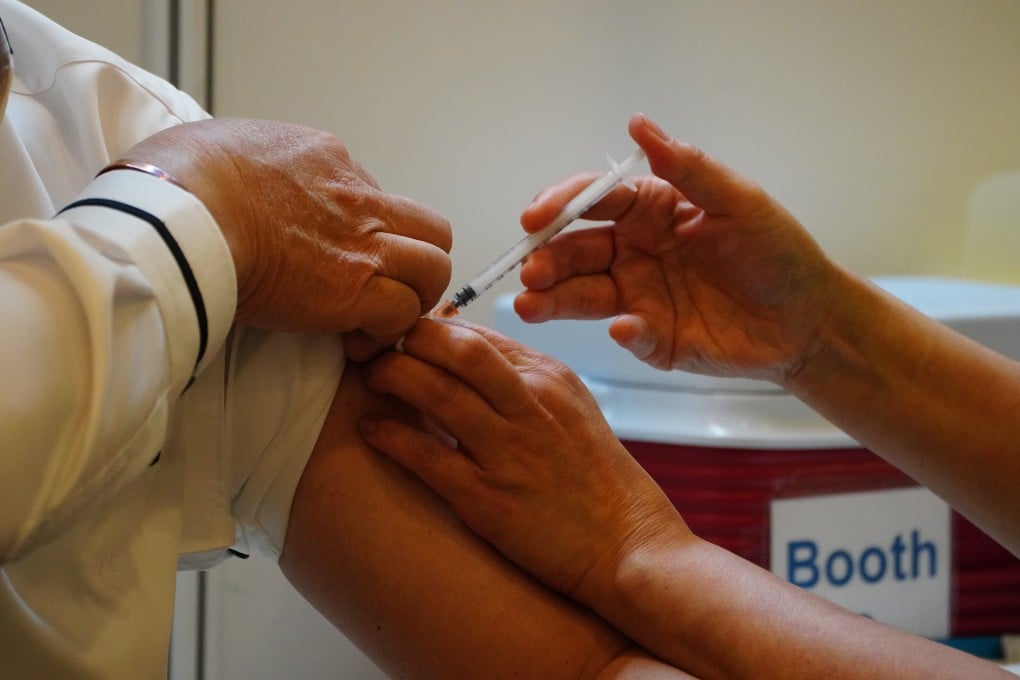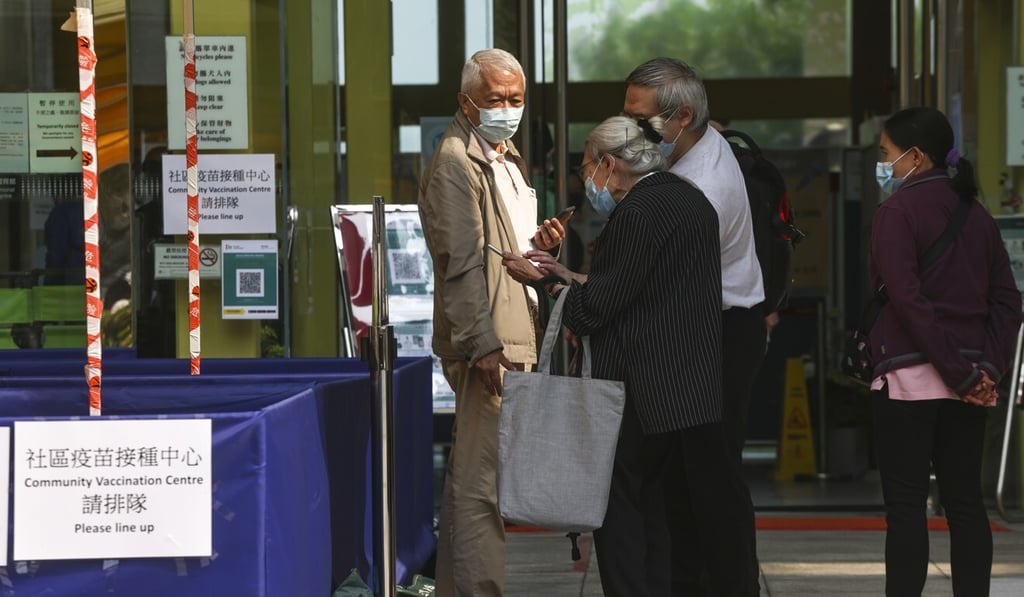Hong Kong has recorded its first case of facial paralysis following coronavirus vaccination, report reveals
- The man in question began developing symptoms of Bell’s palsy within hours of receiving the Sinovac vaccine on March 6
- Incident disclosed in Department of Health report on adverse reactions to vaccines, though the cases it contains have not been definitively linked to the jabs

The 69-year-old man with a history of hypertension received the Sinovac vaccine on March 6, and began developing Bell’s palsy symptoms around two hours after getting jabbed.
Most of the adverse events, which have not yet been definitively linked to the jabs, involved the Chinese-made Sinovac vaccine – 69 cases out of 91,818 doses administered – while two concerned the Pfizer-BioNTech vaccine, of which 1,207 doses had been injected as of Sunday.
A total of 30 men and 17 women included in the report, aged 30 to 90, were sent to hospital after experiencing fatigue, dizziness and even a stroke.
The reports of the potential adverse effects have contributed to the vaccination drive’s rocky start, coinciding with a recent rise in the number of no-shows for inoculation appointments.
Four deaths have so far been recorded among people who had recently received the Sinovac jab, the first two of which – involving a 63-year-old man and a 55-year-old woman, both with chronic diseases – were included in Friday’s report. An expert committee on vaccine reactions had earlier concluded that neither death was directly linked to the vaccines.
